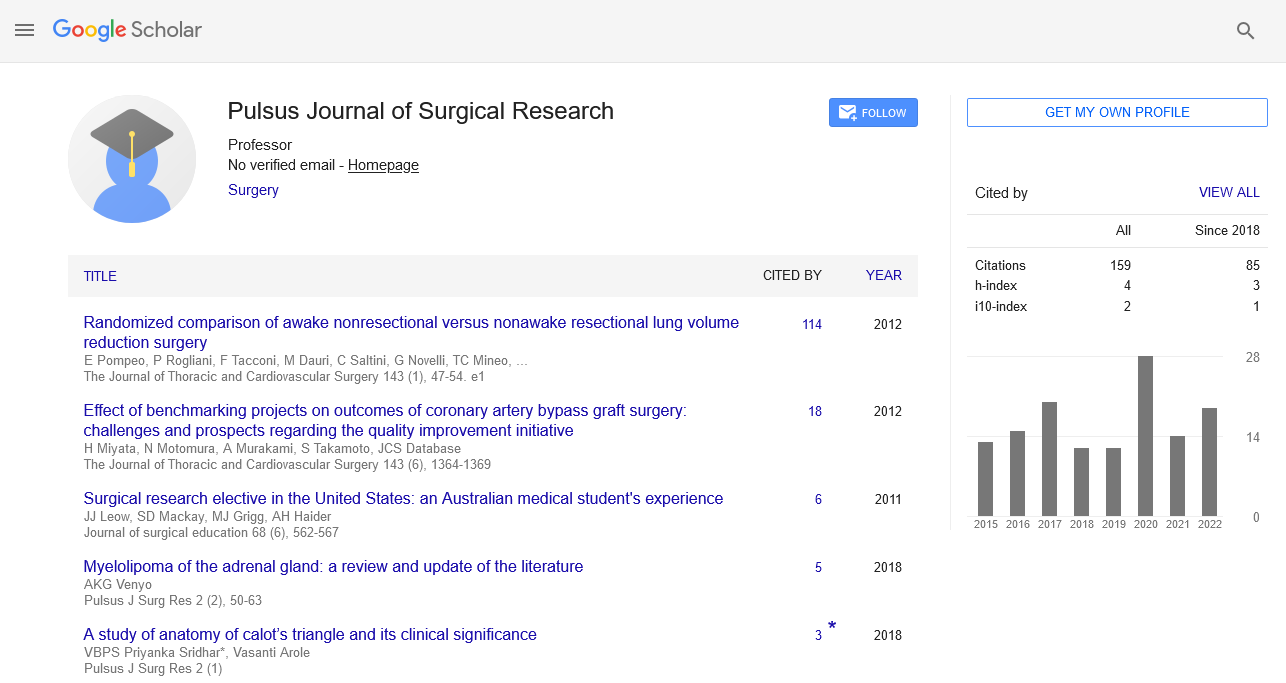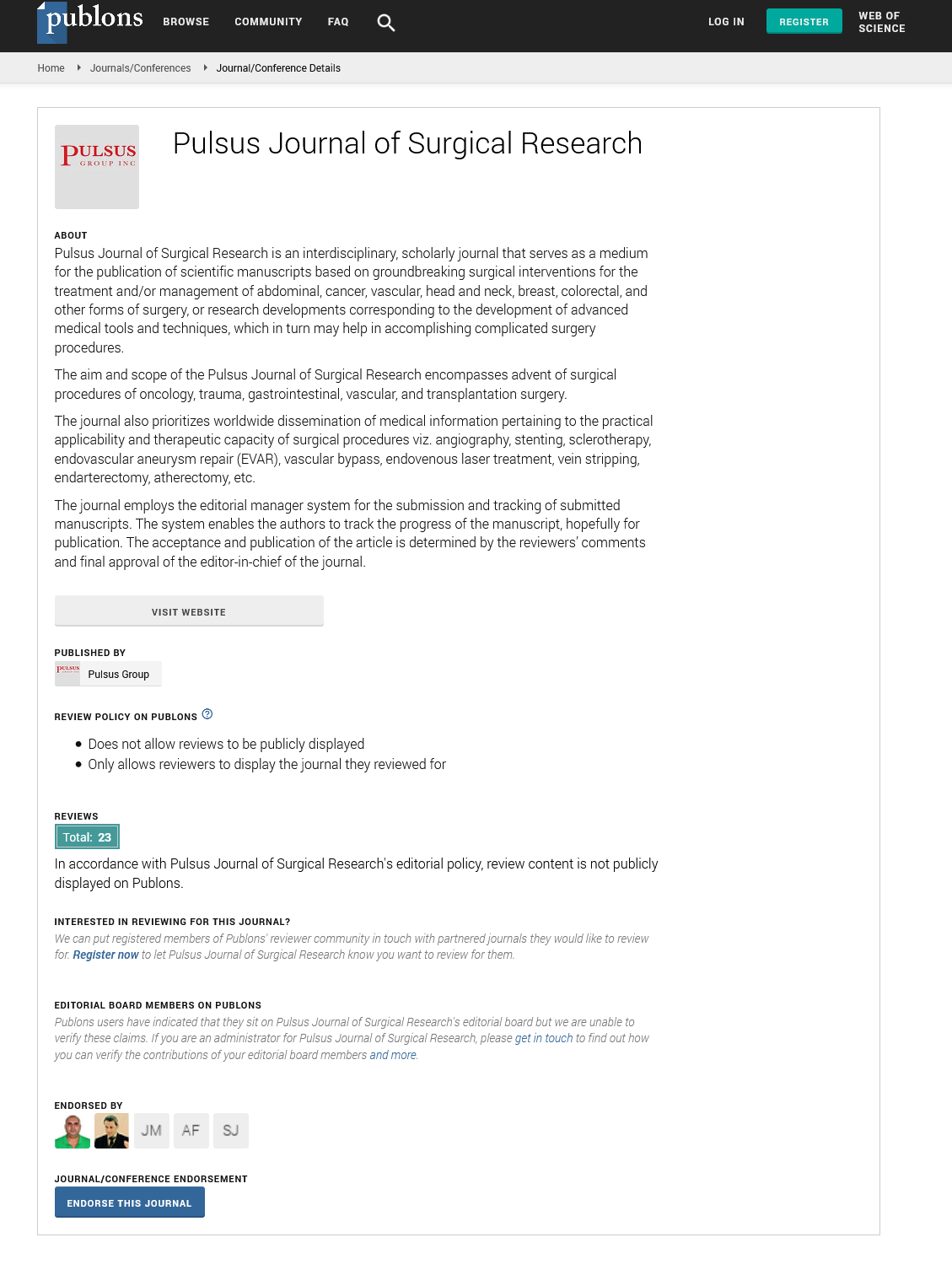
Sign up for email alert when new content gets added: Sign up
Conditions to recover gaze stabilization and dynamic balance after vestibular loss
Annual Congress on Rehabilitation and Future Pharma
November 17, 2022 | Webinar
Michel Lacour
Aix-Marseille University/CNRS, France
Posters & Accepted Abstracts: Pulsus J Surg Res
Abstract :
Dynamic balance impairment and gaze stabilization deficits are disabling symptoms in patients with unilateral vestibular loss. Vestibular Rehabilitation (VR) is an efficient way to recover these impaired functions but 1) when and how VR must be done is not known, and 2) whether the degree of vestibular loss matters is uncertain. Methods: Balance performance (dynamic posturography) and gaze stabilization (Vestibulo-Ocular Reflex [VOR] gain) were investigated in 81 Unilateral Vestibular Hypofunction (UVH) patients tested before and after VR (unidirectional rotational protocol) performed either early (first two weeks) or later (fifth to sixth weeks) after vertigo attack. Findings: Results showed that: 1) the UVH patients did not constitute a homogenous population. A cluster analysis clearly differentiated two distinct subgroups before VR, with very low (<0.20; mean 0.04±0.05) or higher (>0.20; 0.34±0.12) VOR gain. 2) both dynamic balance and gaze stabilization functions were fully recovered only in patients submitted to early VR and whose pre-rehab VOR gain was above 0.20. In this subgroup, and only in this subgroup, the balance performance with or without vision on stable or unstable support returned to control values recorded in healthy controls, and the VOR gain increased up to non-pathological values (>0.80). Conclusions: The present study is the first demonstration that VR must be performed very early after vestibular symptoms onset (critical period for neuronal reorganization), and that early rehabilitation is a necessary but not sufficient condition: the degree of vestibular loss matters (neuronal plasticity depends on the quantity of remaining vestibular afferents). Getting precise vestibular diagnosis and fastly referring patients to physiotherapist are the major clinical implications of this study. Recent Publications 1. Michel L, Laurent T, Alain T. Rehabilitation of dynamic visual acuity in patients with unilateral vestibular hypofunction: earlier is better. Eur Arch Otorhinolaryngol. 2020 Jan;277(1):103-113 2. Lacour M, Tardivet L, Thiry A (2020a) A critical period for rehabilitation of unilateral vestibular hypofunction patients with the unidirectional rotation paradigm. J Rehab Therapy 2(1): 16-23. 3. Lacour M, Tardivet L, Thiry A (2020b) Rehabilitation of posture control in unilateral vestibular hypofunction patients depends on vestibular rehabilitation onset and postural task difficulty. J Rehab Therapy 2(2): 13-26.





